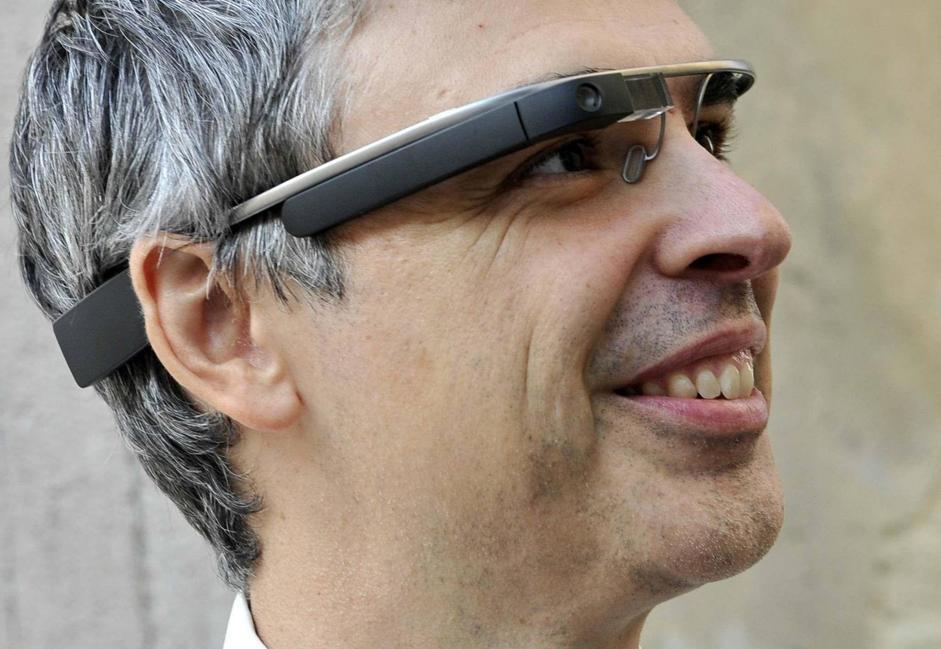Larry Page didn’t start Google (now Alphabet) primarily to help you find the nearest car wash. It was always intended to be an AI company. So much the better that the very thing that supplied the search giant with its gazillions in ad revenue was also collecting information that could be used for the creation of machine intelligence. But even by the lofty standards of the original mission statement, Page has moved far further afield, ambitiously angling to create driverless cars, colonize space and even “cure death.” I’ll bet the under on that last one.
In a smart New York Times article, Conor Dougherty profiles the unorthodox CEO who eschews earnings calls but not robotics conferences, hoping to remake our world–and other ones. An excerpt:
Larry Page is not a typical chief executive, and in many of the most visible ways, he is not a C.E.O. at all. Corporate leaders tend to spend a good deal of time talking at investor conferences or introducing new products on auditorium stages. Mr. Page, who is 42, has not been on an earnings call since 2013, and the best way to find him at Google I/O — an annual gathering where the company unveils new products — is to ignore the main stage and follow the scrum of fans and autograph seekers who mob him in the moments he steps outside closed doors.
But just because he has faded from public view does not mean he is a recluse. He is a regular at robotics conferences and intellectual gatherings like TED. Scientists say he is a good bet to attend Google’s various academic gatherings, like Solve for X and Sci Foo Camp, where he can be found having casual conversations about technology or giving advice to entrepreneurs.
Mr. Page is hardly the first Silicon Valley chief with a case of intellectual wanderlust, but unlike most of his peers, he has invested far beyond his company’s core business and in many ways has made it a reflection of his personal fascinations.
He intends to push even further with Alphabet, a holding company that separates Google’s various cash-rich advertising businesses from the list of speculative projects like self-driving cars that capture the imagination but do not make much money. Alphabet companies and investments span disciplines from biotechnology to energy generation to space travel to artificial intelligence to urban planning.•
Tags: Conor Dougherty, Larry Page

